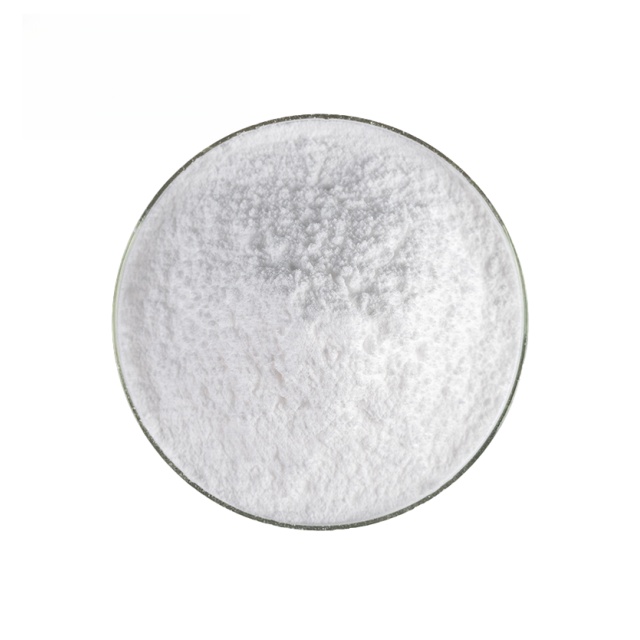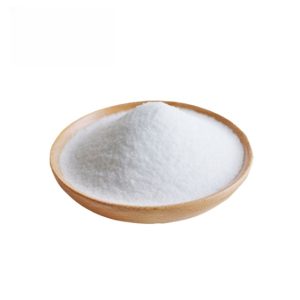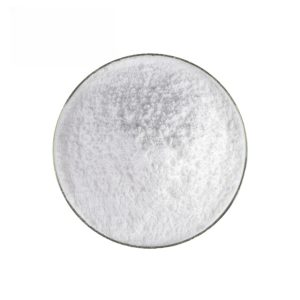Basic Information
- Chinese Name: L-Serine
- English Name: L-Serine
- CAS Number: 56-45-1
- Molecular Formula: C3H7NO3
- Molecular Weight: 105.09
Physical Properties
- Appearance: L-Serine is typically a white crystalline solid or crystalline powder, odorless with a sweet taste.
- Melting Point: Approximately 222-228°C (decomposes)
- Solubility: Easily soluble in water, with a solubility of 250g/L at 20°C. Practically insoluble in ethanol, ether, and acetone.
- Relative Density: 1.6
Chemical Properties
- L-Serine is an important intermediate metabolite in biological systems, serving as a precursor for the synthesis of various amino acids, nucleotides, choline, and phospholipids.
- It can be synthesized in the body from D-glyceric acid as a precursor, and it can also be converted from threonine and glycine, while serine can also be converted back into glycine.
Physiological Functions and Applications
- Muscle Growth Promotion: L-Serine is an essential element in muscles, helping to reduce muscle fatigue and enhance muscle growth.
- Neurotransmitter Synthesis: Participates in the synthesis of neurotransmitters, receptors, and other important substances related to brain activities, regulating neural activity, cerebral blood flow, and cognitive functions.
- Immune System Support: As an essential element of the immune system in the human body, L-Serine enhances immunity and is a necessary substance for the growth of white blood cells.
- Cardiovascular Health: Helps lower cholesterol levels, reducing the risk of cardiovascular diseases, and providing protection for blood vessels and free radicals.
- Food and Cosmetics: Used as a food additive and nutritional supplement, as well as a skin nutrient additive in cosmetics.
Preparation Methods
Production methods for L-Serine include protein hydrolysis extraction, chemical synthesis, conversion methods, and microbial fermentation.
Safety and Storage
L-Serine is safe but should be stored in a light-resistant and airtight container.
Food Sources
L-Serine is relatively scarce, but it can be obtained from food sources such as dairy products (e.g., yogurt and cheese).
In summary, L-Serine is an amino acid with various physiological functions and broad application value, playing an important role in human health.



Reviews
There are no reviews yet.